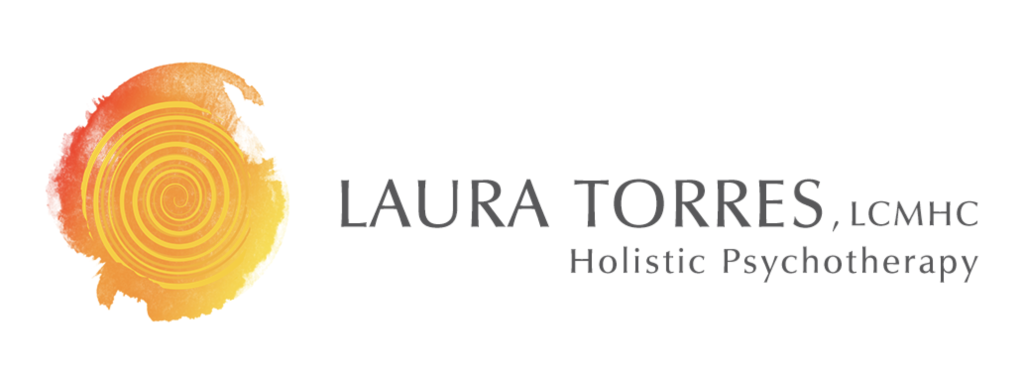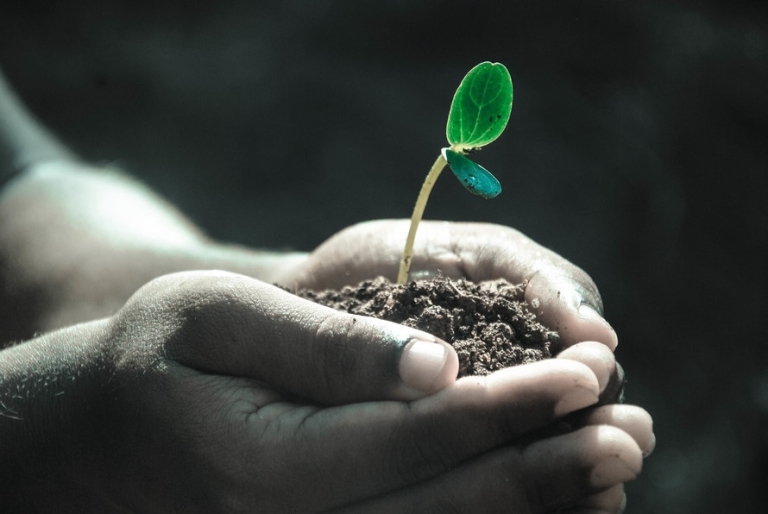My son and I were racing out the door this morning with just enough time to drop him off at daycare, get to my office and have a few minutes to get grounded before my first client arrived. I turned the keys in the ignition to hear a clicking sound—I tried turning the ignition several times with no luck. I remembered back to the previous night where my son had been playing in the car and turned the headlights on without me realizing. My husband brought him back inside so the lights stayed on until our neighbors came over later in the evening to let us know. At the time, I figured they hadn’t been on that long so the battery was probably fine—wrong! That morning, I sat there thinking–why had I not double-checked before my husband left for work?! There was no way that I was going to be able to find someone to jump my car, take my son to daycare, and get to my first appointment on time. Fortunately, my client was very understanding.
But I wasn’t. I was doing that thing where it’s okay for other people to make mistakes but not for me to. I caught myself having the thought that, as a therapist, I should have it together. That somehow I am not allowed to make mistakes like everyone else. And even though I find myself saying to my clients daily—it’s part of being human to be imperfect. It’s not always so easy when it comes to myself. Can you relate?
The worst thing that we can do when we’re experiencing life and human suffering, is to beat ourselves up. That’s like kicking ourselves when we’re down. When instead, we need to be scooped up with a big hug and hear ‘It’s okay—you are okay’. In her work with clients and meditation students, Tara Brach says that she’s “come to see the sense of personal deficiency as epidemic”. We live in a culture and time where we’re bombarded with messages of not-enough-ness–not perfect enough, healthy enough, competent enough, beautiful enough, strong enough, successful enough. Tara has created a process called RAIN to help us free ourselves from this trance of unworthiness and remember the truth of who we are. The truth that worthiness, that sense of being good enough, is our birthright and it is unconditional. Here are the steps:
- Recognize what is going on. Notice what’s happening in your body and with your thoughts. Notice when you’re triggered or hooked.
- Allow the experience to be there, just as it is. Radical acceptance. Say a silent ‘yes’ to your experience in the present moment. Let go of trying to change the situation or what’s happening inside you. This does not mean you are condoning the situation but rather accepting it. Notice that your thoughts, sensations, feelings are indicating that some part of you needs attention. It’s not something to be pushed away or changed but rather listened to.
- Investigate with interest and care. Get curious about your present moment experience. Ask yourself questions like ‘What am I feeling in my body’ ‘What do I need here or what does the part of me that feels scared or shame need?’ ‘What does my body want to do?’ ‘What story am I telling myself about this situation?’
- Nourish with self-compassion. Offer yourself some kind words. If it’s difficult to think of kind words, imagine words that you might say to a loved one in a similar situation. Or imagine what a loved one, your higher self or spiritual figure would say to you. Offer yourself caring gesture like a hand on your heart. Or envision yourself surrounded in love and light, trusting that you’re exactly where you need to be. Recognize that you’re not alone, that this is a human experience. Kristen Neff has some great practices around self-compassion, too–check them out on her website or in my previous post.
Here’s what this process looked like for me (once I noticed I was being hard on myself, that is): I noticed that I was triggered. I was feeling shame—a tightness and heaviness in my chest. I noticed that voice of self-doubt, of my inner critic. I said a silent ‘Ah, this is shame.’ I got curious about the story I was telling—that things like this don’t happen to professionals. I noticed I needed to give myself permission—to allow myself to be imperfect and still be a professional, a good therapist, a good person. I thought of other people that have surely had car trouble—surgeons, doctors, teachers, other therapists. I realized I’m not alone in this experience. I told myself that it was okay, everything about this was okay, and whatever happens as a result was also okay. I felt a sense of trusting in the bigger process, that in fact, things should not be otherwise, they should be just as they are. I noticed sense of settling in my body, a deep breath, less heaviness. And I was able to go on with my morning without being too bent out of shape or in a shame spiral.
And don’t get me wrong, this process doesn’t always go so smoothly for me—this practice all about catching ourselves in old patterns that aren’t helpful or kind and trying something different. It’s a practice. There are lots of practices for self-compassion out there so play around with what resonates and works for you. I’ll be sharing more here because self-compassion is one of my favorite topics!
For me the most important components are to notice and bring acceptance to what’s happening, to sense into the awareness that you’re not alone, offer yourself kindness, then notice your body taking in this compassion. This last part helps to anchor in the experience of settling or coming back into balance in your nervous system—it sends it to the hard drive, if you will. So that your body can start to automatically remember this way of dealing with challenging emotions and getting triggered. The more you practice this process, the less you’ll have to think about it and the more automatic it’ll become. If you want to learn more about Tara Brach’s work or listen to some of her free guided meditations and talks, check out her website.
Here’s my challenge for you: Notice when you’re hooked by something this week, something that might normally derail you, and play around with using Tara Brach’s RAIN process. Recognize. Accept. Investigate. Nourish. Perhaps you’ll even get excited about the situation as a chance to practice! Let me know how it goes.
Affirmation: It’s okay to be imperfect. It’s okay to be messy.
*Tweak these affirmations so that they resonate for you, write them on a post it, and put them somewhere you’ll see them daily.


2 Comments
Excellent.
Thanks, Taveta! I’m glad you enjoyed it.